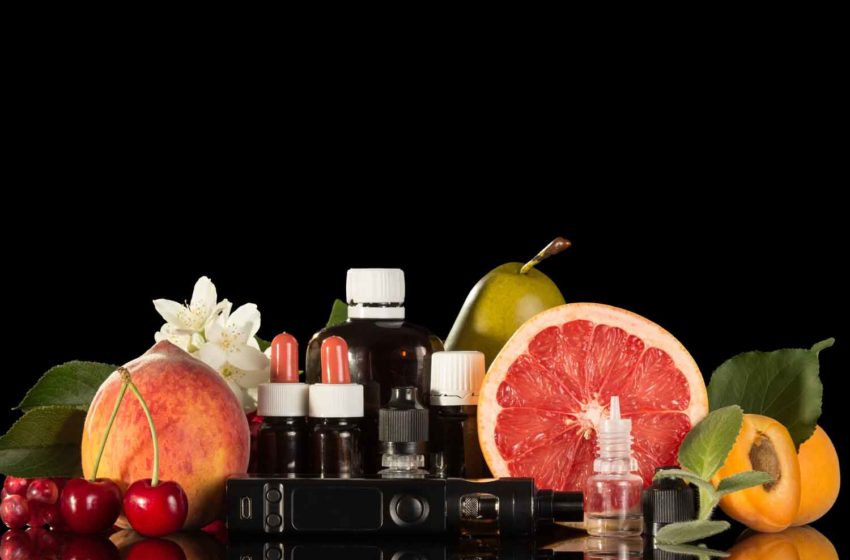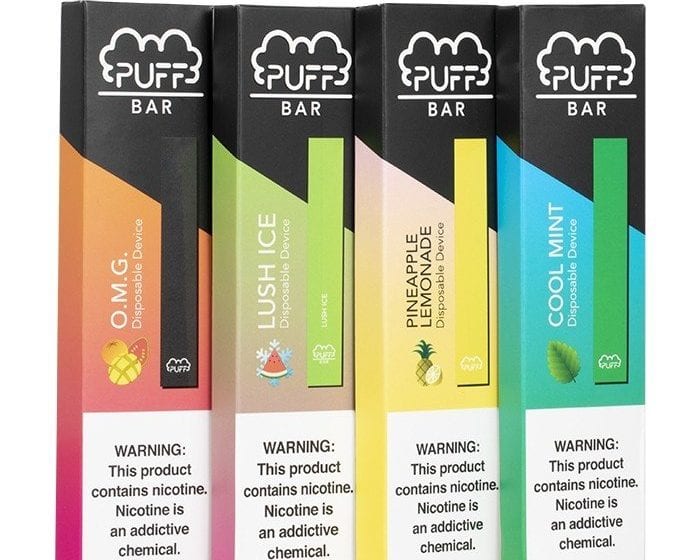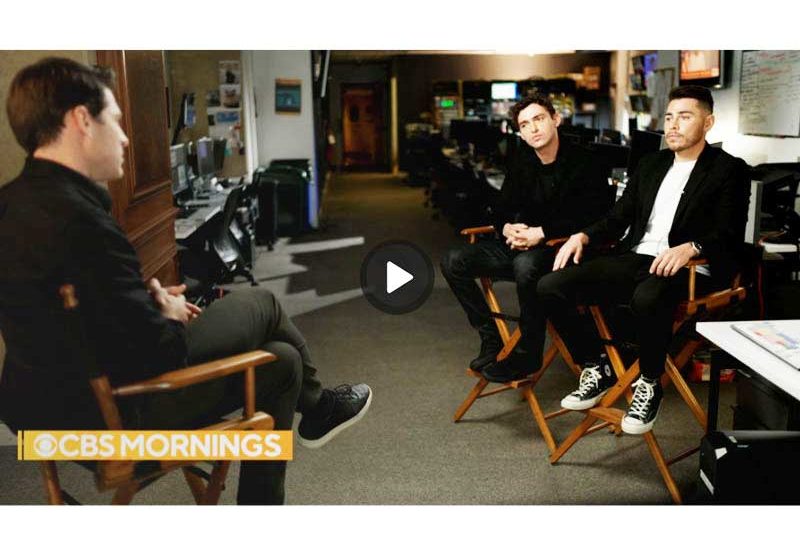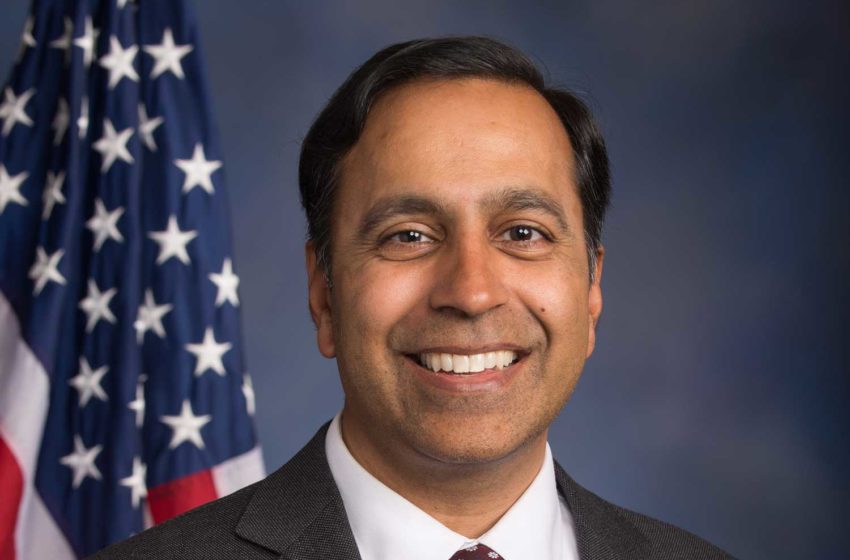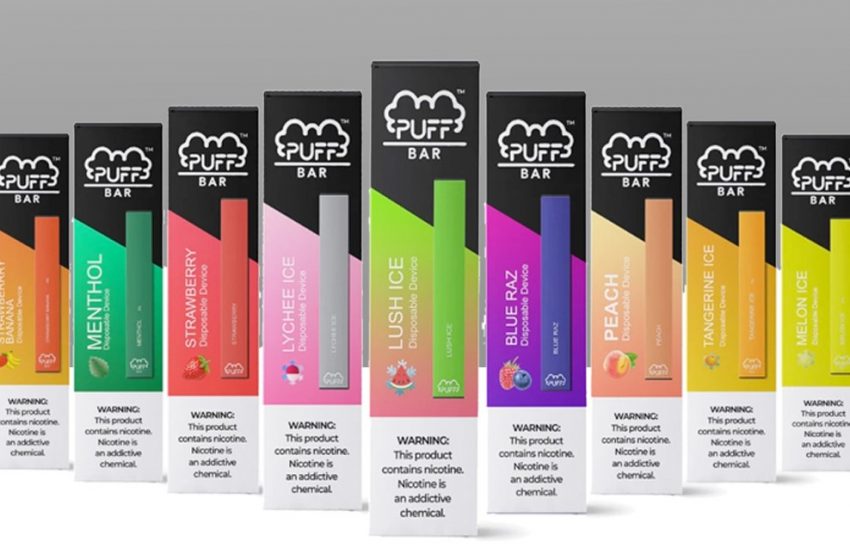The orders allow NJOY to refile against the dismissed defendants.Read More
Tags :Puff Bar
The trend coincides with restrictions on sales of flavors likely to appeal to young peopleRead More
Some 2.5 million U.S. youth are using e-cigarettes according to tobacco survey. Read More
Nick Minas and Patrick Beltran defend their use of flavors and synthetic nicotine on CBS. Read More
Raja Krishnamoorthi requests information from Puff Bar and Next Generation Labs. Read More
Moving to synthetic nicotine was ‘a forced innovation,’ the firm's leaders tell The Wall Street Journal. Read More
The FDA is investigating whether its flavor ban applies to tobacco-free nicotine products. Read More
Plaintiff promises to reward those with information that leads to seizures.Read More
The Massachusetts attorney general is suing Puff Bar for allegedly selling flavored vapor products online.Read More
The California-based e-cigarette company has come under scrutiny lately for replacing Juul as the vape of choice among young people.Read More

